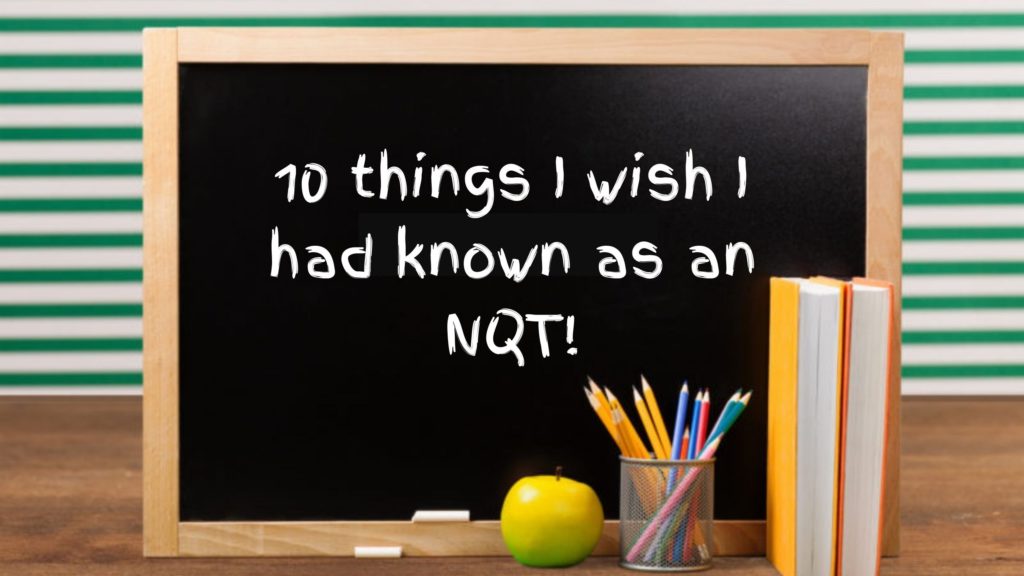Be your unique self!

Coaching tools are an excellent way to reflect on teaching practice and how to improve your teaching and learning environment. The Johari’s window is just one of many coaching tools that do this. Mentors use this tool when mentoring young people, helping them to explore how to best build positive relationships with others.
The Johari’s Window is a visual coaching tool often used within mentoring to help improve communication and understanding between a young person and the people they interact with. It’s an excellent tool that fosters conversations surrounding being open, developing trust, exploring character and the importance of self-disclosure; in order to grow and progress academically and personally.
This is also an excellent tool to help teachers reflect on how they demonstrate ‘who they are’ to their learners and if they are being their unique and genuine self during department meetings, in the classroom or during parents evening.

The main idea behind the Johari’s window is that sharing information about who you ‘really’ are, helps to build trust with others.
The Johari’s window helps to ease the fear of criticism and encourages the acceptance of constructive feedback from others.
As teachers, we often forget that when we hold our genuine selves back from others, we become hard to reach and in return find it hard to reach others.
Whether we like it or not, to the young people around us we can be seen as cold and unavailable. Did you know that because of this, many young people expect teachers to be perfect! To not have flaws as they do and to not make mistakes as their parents often do.
By holding too much about ourselves, our values, our likes and interests from the classroom experience, in some cases, we can unconsciously set our own selves up to fail as we miss the importance of building trusting, integral relationships with young people; our much-needed allies.

The Johari’s window supports the exploration of your public self, private self, hidden self and unknown self. People who have a large ‘public self’ are usually very easy to talk to, communicate honestly and openly with others, respect confidentiality and generally get along well within a group.
“In hiding our true thoughts and values from others, we desensitise ourselves to the thoughts and values of others.”
People with a small ‘public self’ are closed off and difficult to talk to, they generally don’t work well in a group and are uncommunicative. Because of this, they’re not trusted. And for those who have a large ‘hidden self’.
They may have many issues that are yet to be identified or dealt with. The consequence of this is that others can clearly see these issues, babies, young people and colleagues alike. The Johari’s window is a beneficial tool and when done well can help teachers to build better relationships with young people and vice versa.
By simply reflecting on self-disclosure and being your unique self, you can lay a positive foundation that enables issues to be solved and a safer teaching and learning environment.








Responses